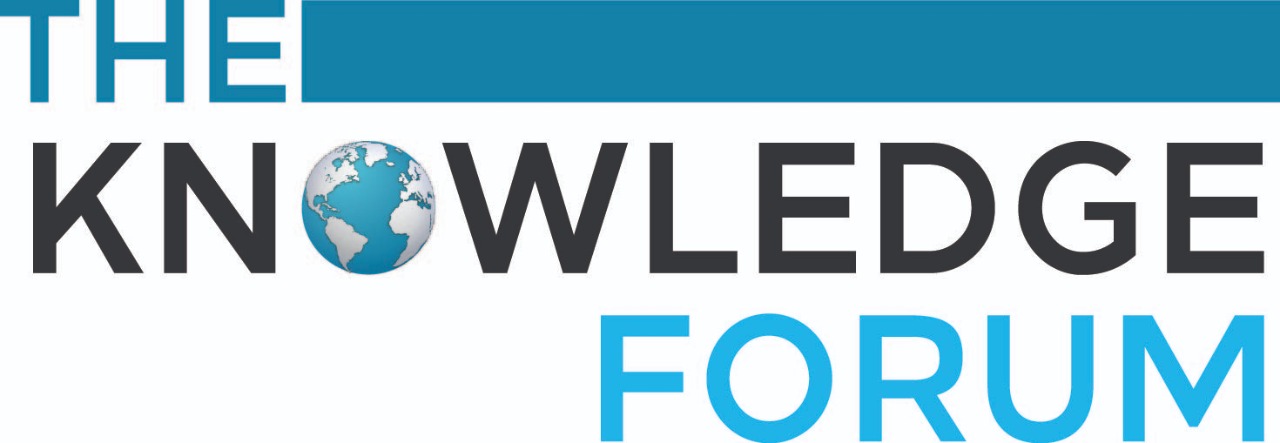Pakistan Bulletin
An up-to-date and informed analyses of key issues of Pakistan.
Political Uncertainty and Economic Recovery
November 2023
One of the key causes for Pakistan’s economic instability is its political uncertainty.
The key recommendations of this agenda are to firstly reduce exemptions pertaining to sales tax and import duties and trim subsidies across various sectors including electricity, gas and petroleum. Secondly, the World Bank recommended the implementation of new taxation measures on property and agriculture. Thirdly, it has encouraged implementing an aggressive privatization policy to increase economic activity in sectors where the government’s involvement lacks a clear rationale. Each of these measures are claimed to be directed at fulfilling a singular goal: stimulating economic activity to reach a point of economic stability.
Almost all the economic indicators point towards decline because of prolonged political uncertainty in the country and mismanagement of the economy.
In order to understand Pakistan’s economic situation, we must take into account how it is intertwined with political instability in the country and use it as a lens to determine the best course of action for economic recovery.
The hectic pace of economic decline and political instability underscores the necessity of a much more nuanced economic recovery plan which takes into account the needs of the citizens as well as the overall macro goals of economic stability in Pakistan. Political stability is a prerequisite for Pakistan to be in a position where the economy can be stabilized. The political uncertainty of Pakistan has been an issue deep-rooted in complex power dynamics considering the length of time in which elections have been delayed. However, now that elections have been announced, effective governance and wise economic decisions are crucial as the nation stands at a pivotal juncture, looking toward a more stable and secure future.
Shujauddin Qureshi
Author
The author is member staff with expertise in media.

Get the latest news and updates from our team
